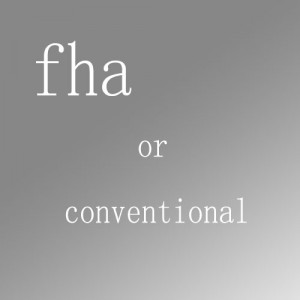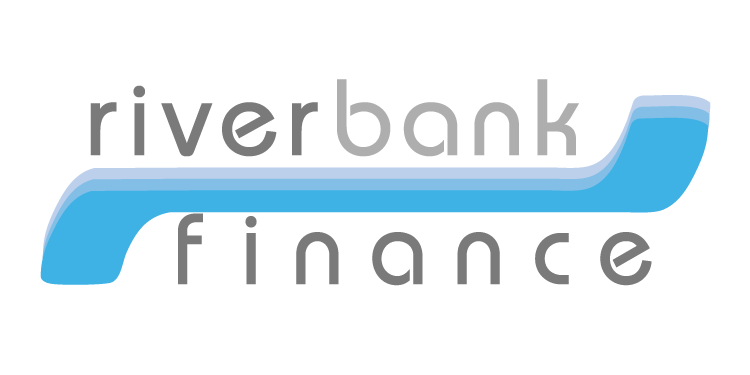 When it comes to FHA home loans, there are many differences and advantages when compared side by side to conventional home loans.
When it comes to FHA home loans, there are many differences and advantages when compared side by side to conventional home loans.
Starting with the most basic aspect of purchasing a home, FHA loans are different from conventional loans in that the down payment is much less. Down payment requirements for FHA home loans start with a minimum of 3.5%, however, conventional mortgages require a higher down payment, which can range from 5 to 20%, depending on the lender.
FHA mortgage are considered a safe type of mortgage that does not allow for risky features such as negative amortization and balloons. FHA home loans do not have any penalties for early payoff so you can always pay extra and come out ahead.
While a FHA mortgage may have mortgage insurances fees, the overall interest rates and costs may be less when compared to a conventional loan. They are typically more forgivable when it comes to imperfect credit or income gaps as long as you can document your case with letters of explanation.
FHA loans can be assumed, meaning the borrower is allowed to transfer the loan to another qualified borrower rather than having the borrower apply for a brand new mortgage. To assume an FHA mortgage isn’t automatic because the new borrower must qualify with the lender the same as any other home loan applicant. Be sure to check with the mortgage services to verify their guidelines to transfer your mortgage. This may be a huge benefit if you lock in a rate in the 3’s and current market rates years from now are around 8%. That could save a potential buyer thousands of dollars and be a very attractive advertisement!
FHA home loans are also different because of the purpose of an FHA insured single-family home loan is for residential homes only; not for business, time shares, or other non-residential purposes whereas a conventional loan may be more flexible.
According to FHA.gov, “FHA’s programs differ from one another primarily in terms of what types of properties and financing are eligible. Except as otherwise stated in this handbook, FHA’s single family programs are limited to one- to four-family properties that are owner-occupied principal residences.”
FHA mortgage loans can be used for the following types of homes:
· detached or semi-detached dwellings
· manufactured housing
· townhouses or row houses, or
· individual units within FHA-approved condominium projects.
Some lenders will not issue loans for every type of property, even if it is eligible for an FHA mortgage. Some lenders in the current housing market may choose not to issue construction loans, mortgages for manufactured homes or any other transaction that particular financial institution decides isn’t a good risk at the present time. And what about properties that aren’t qualified under the FHA home loan program for any reason? That list includes:
· commercial enterprises
· boarding houses
· hotels and motels
· tourist houses
· private clubs
· bed and breakfast establishments
· fraternity and sorority houses
While FHA loans may be the key to getting you into your next home, it does have its limitations so be sure to do your research and speak with an experienced loan officer to make sure you have great advice when choosing between and FHA loan and a conventional loan.
Should I go fha or conventional?
For more information on FHA loans contact a licensed loan officer at 1-800-555-2098 or request information using the contact form below.

 800-555-2098
800-555-2098

